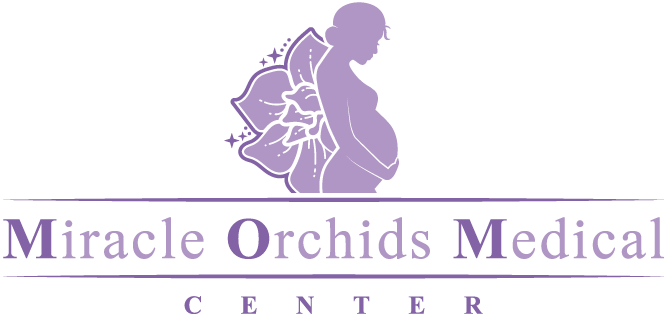Menopause is a natural part of life as normal as menstruation or having a baby. All women eventually enter menopause though some sooner than later. When menopause occurs, the body stops producing an egg each month during ovulation and menstruation halts. Aside from changes to menstrual cycles, women entering menopause may begin to experience side effects of hormonal changes, such as hot flashes, night sweats, weight gain, vaginal dryness, and thinning hair.
Did you know…
that the average age of onset for menopause is 51 for American women? However, menopause is most likely to occur at any time between the ages of 40 and 60.Some women even go through early menopause, which is menopause that occurs before the age of 40. In extremely rare cases, early menopause can occur as young as a woman’s teens or 20s.
Frequently Asked Questions
Could I be going through menopause?
Perimenopause is the period when menstruation and ovulation is erratic and menopausal symptoms are beginning to set in. Menopause is not said to have occurred until a year has passed since a woman last menstruated. You could be approaching menopause if you are experiencing the symptoms of perimenopause, although this isn’t likely to occur before age 40.
What should I expect from my gynecologist when I am entering menopause?
Your gynecologist will confirm that your symptoms are related to perimenopause or menopause, and he or she will explain the types of symptoms you can expect in the coming months and years. Your doctor may also speak to you about hormone replacement therapy, which can help you manage the hormonal changes that occur as your menstrual cycles stop.
Is there anything that I can do to alleviate the symptoms of menopause?
If the symptoms of menopause are interacting with your day to day life, do not hesitate to speak with your gynecologist about the ways that you can treat or manage issues like sleep disruptions, anxiety, depression, or low energy.

